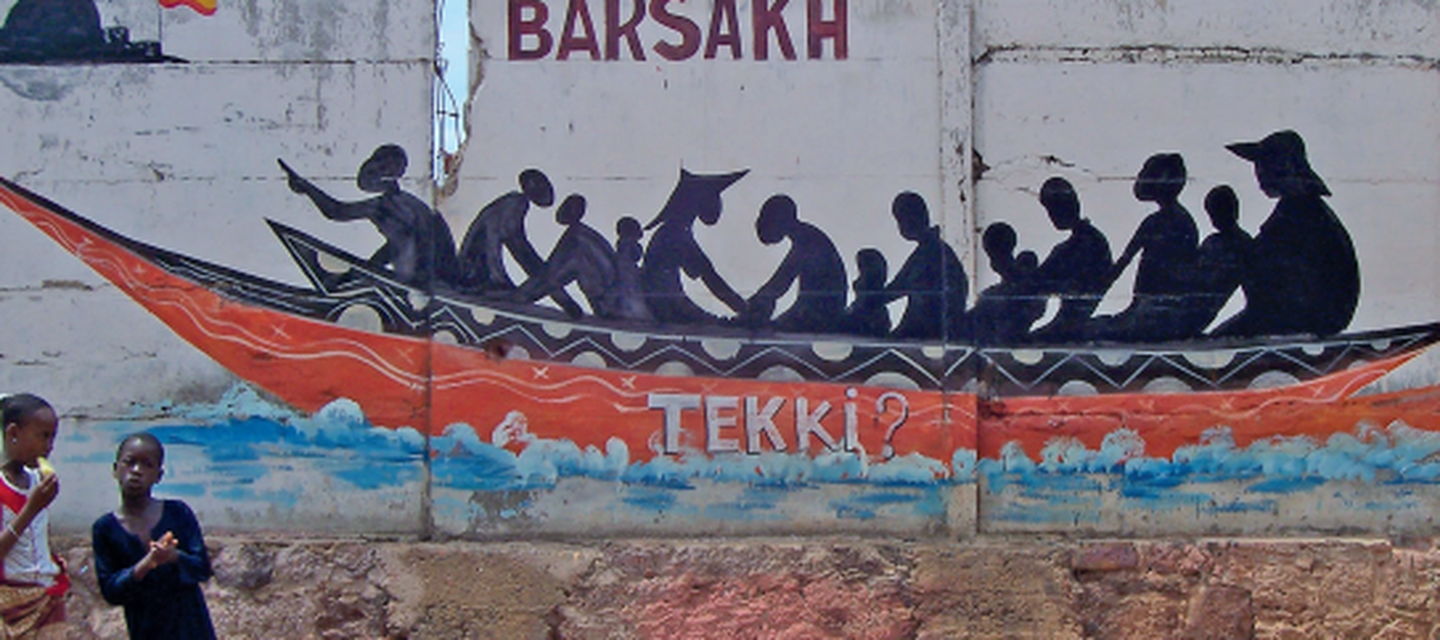
Border Deaths
What is known about border deaths: statistics, causes, identity? How are the bodies of migrants treated? How are the dead, the missing and the unidentified mourned by familiars and strangers?
This event launches Border Deaths: Causes, Dynamics and Consequences of Migration-related Mortality, a new book that contributes to highlighting the political nature of border deaths. Border deaths are a result of dynamics involving diverse actors and can be interpreted and represented in various ways. Critical voices from civil society (including academia) hold states responsible for making safe journeys impossible for large parts of the world population. Meanwhile, policy-makers argue that border deaths demonstrate the need for restrictive border policies. Statistics are widely (mis)used to support different readings of border deaths. However, the way data is collected, analyzed, and disseminated remains largely unquestioned. This night’s speakers include researchers who outline new concepts and perspectives to provide the first interdisciplinary overview of this contested subject and offer a way to move forward.
About the speakers
Thomas Spijkerboer is Professor of Migration Law at the Amsterdam Centre for Migration and Refugee Law of the Vrije Universiteit Amsterdam. He was Principal Investigator for the project ‘Human Costs of Border Control’.
Polly Pallister-Wilkins is an Assistant Professor in political science at the University of Amsterdam. Her research looks at the intersection of border controls and humanitarianism, something she calls humanitarian borderwork. She is a principal researcher in the Horizon 2020 project, ADMIGOV: ‘Advancing Alternative Migration Governance’, looking at humanitarian protection issues.
Orcun Ulusoy studied law at Dokuz Eylul University in Izmir, Turkey. As a lawyer, he worked on human rights related cases with a focus on migration, asylum and LGBTI rights in Turkey. At the Vrije Universiteit Amsterdam, he acted as coordinating researcher of the project ‘The Human Costs of Border Control’.
Giulia Sinatti is Assistant Professor at Vrije Universiteit Amsterdam, Department of Anthropology. She has an interest for migrant transnationalism, migration governance and linkages with development, humanitarianism and human security. In her most recent work, she investigates civil society involvement in assistance to migrants and asylum seekers in and outside Europe, contributing to understandings of humanitarian aid, changing ethics of care, political activism and social movements.

:rgb(-15)

:rgb(-25)
